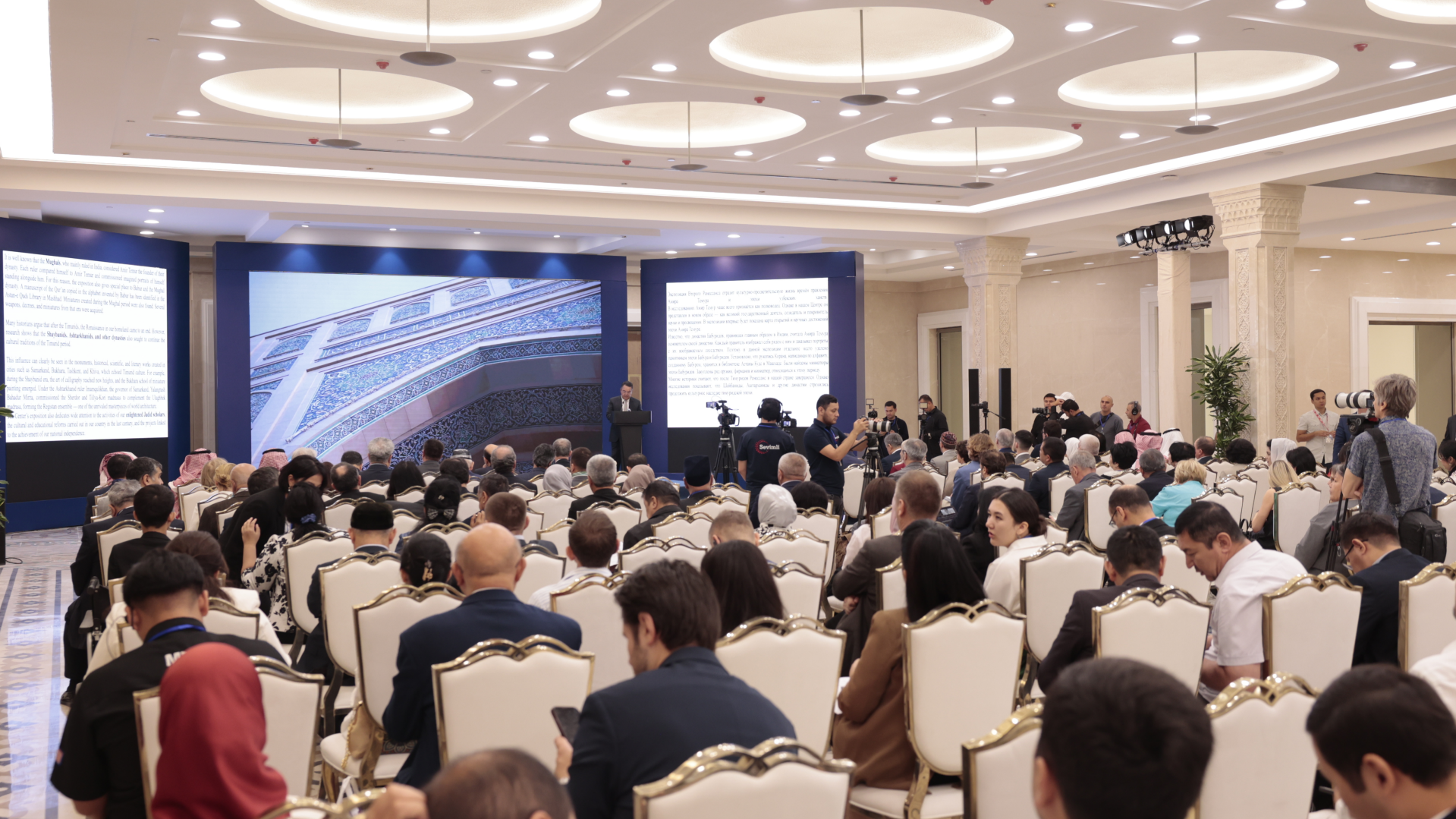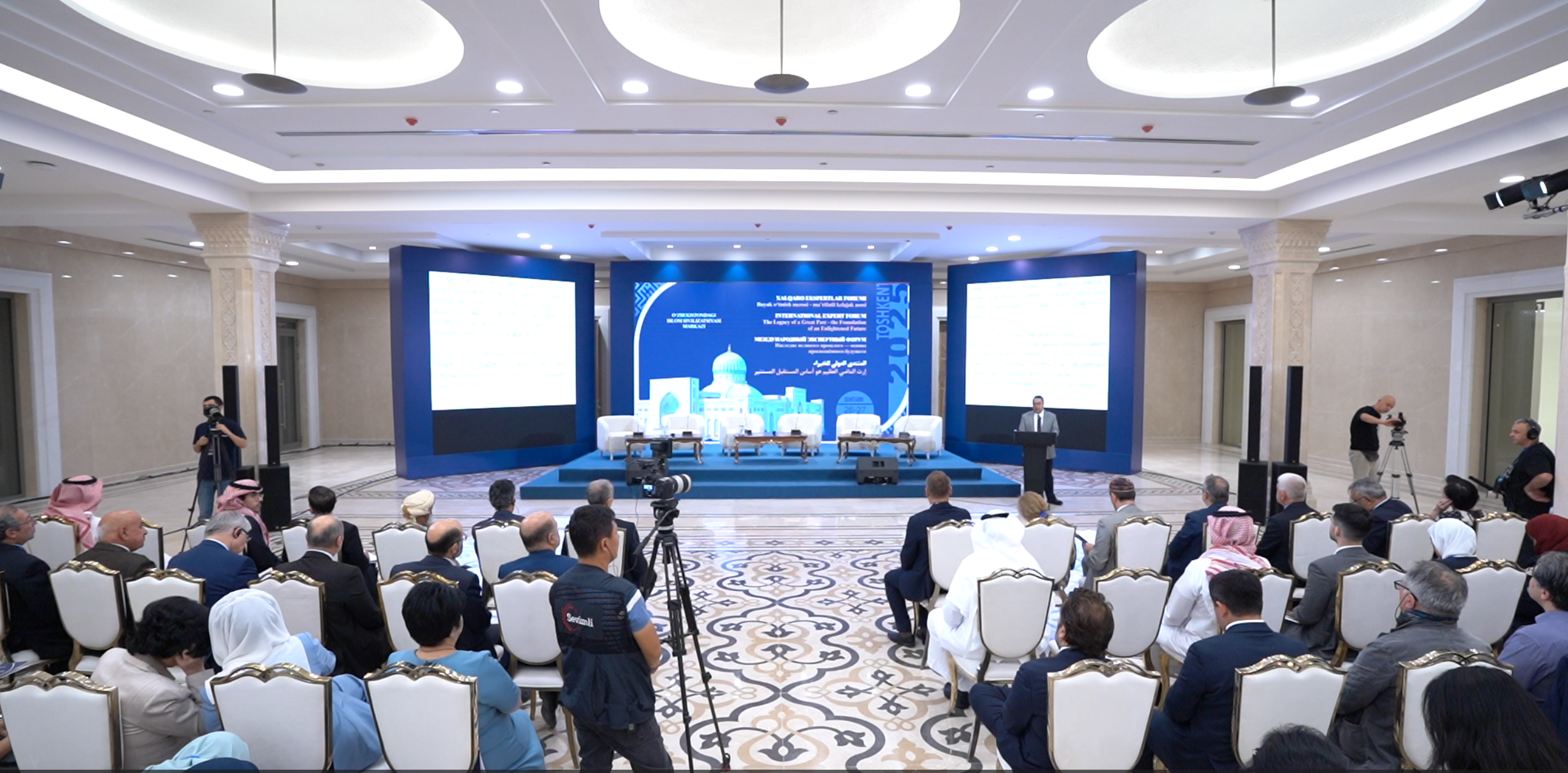Is Ibn Sina the only pioneer of medicine who came from Bukhara?

Every innovation and discovery is rooted deeply in history. Today’s achievements in medical science are founded on millennia of experience, intellectual legacy, and scholarly research. Especially during the Eastern Renaissance, the scientific heritage of physicians, scholars, and scientists remains relevant even today. Among them, the name of Abu Mansur Hasan ibn Nuh al-Qumri deserves special recognition.
Al-Qumri, with his scientific brilliance, practical experience, and extensive medical knowledge, was a renowned figure not only in his own time but also in the centuries that followed. His works particularly Kitab al-Ghina wa-l-Muna and Kitab at-Tanwir fi al-Istilahat at-Tibbiyya remain invaluable sources for modern medical science. He made significant contributions not only to treatment methods but also to the development of medical terminology, dietary science, and professional ethics.
Al-Qumri is remembered in history as a practicing physician, a theoretical scholar, a pioneer of medical terminology, and most importantly, one of the great teachers of Ibn Sina. His contributions went beyond patient care he worked diligently to systematize medical knowledge, transmit it to future generations, and establish a scientific school.
Today, when studying the development of healthcare, nutrition, diagnostics, and treatment methods, we often turn to Western scholars. But let us not forget: by the time Europeans began their journey toward scientific discovery, al-Qumri in Bukhara had already laid down the foundations of modern medicine.
Life and Scientific Activity
Abu Mansur al-Qumri was born in the early 10th century in the city of Bukhara. His life and career were closely tied to this city, where he gained recognition as one of the court physicians of the Emirs of Bukhara. One of the most historically significant aspects of al-Qumri’s biography is that he served as the first teacher of the young Abu Ali Ibn Sina who would later become renowned as the “Prince of Physicians” in world medicine. Historical sources confirm that Ibn Sina received his initial theoretical and practical training in medicine from al-Qumri. This highlights the exceptional scholarly potential and pedagogical skill of al-Qumri.
Scientific Legacy and Works
According to historical sources, Abu Mansur al-Qumri authored eight works on medicine. Unfortunately, only two of these have survived to the present day. Nevertheless, these two surviving works alone clearly demonstrate the significance of al-Qumri’s scientific legacy for his contemporaries and for future generations.

“Kitab al-Ghina wa-l-Muna” (“The Comprehensive and Desired Book”)
This work is dedicated to the treatment of all parts of the human body and was widely circulated and highly regarded in its time. More than 40 manuscript copies of the book are preserved in libraries across Asia, Africa, and Europe, which attests to the international recognition of al-Qumri’s scientific contributions. In this book, he also provides information about more than 30 physicians who preceded or were contemporaneous with him. This makes the book not only a practical medical guide but also a valuable historical source.
“The Book Explaining Medical Terminology”
His second work is an annotated medical lexicon that contains over 350 terms with in-depth analyses. In this book, al-Qumri provides information about the dietary foods, drinks, and even specialized medical instruments used at that time. Interestingly, many of these concepts do not appear in other renowned medical texts, including Ibn Sina’s Canon of Medicine. Therefore, this work by al-Qumri is considered a rare and unique scientific source.
This lexicon was translated into Persian in the 16th century during the reign of Babur and his son Humayun in India by the physician Ismail ibn Muhammad Yusuf. In 1991, the book was translated into Russian and published in Tashkent. Even today, it continues to be used in traditional medicine.
Contribution to the Development of Science
Abu Mansur al-Qumri made an immeasurable contribution to the advancement of science not only through his works but also by educating future great scholars. His role in shaping the intellectual development of Ibn Sina, in particular, is worthy of praise. He was not only one of Ibn Sina’s teachers but also the mentor who laid the foundation for his early medical education. For this reason, al-Qumri’s name is remembered with deep respect not only on the pages of history, but also in the hearts of all who cherish knowledge.
Abu Mansur al-Qumri was not merely an ordinary physician, but a scholar who devoted his life to the path of science. Through his writings, students, and scientific approach, he left a lasting mark on the entire Islamic world and beyond.
Today, one of the pressing tasks is to widely publicize the rich scientific legacy of great scholars like Abu Mansur al-Qumri, especially to inspire young people in the field of medicine. For this purpose, a special exhibition dedicated to this scholar is planned at the Center of Islamic Civilization in Uzbekistan.
Through this exhibition, visitors will have the opportunity to closely explore al-Qumri’s unique manuscripts, scientific perspectives, healing methods, and dietary recommendations. It will also shed light on the historical roots of healthcare culture that developed during his era.
This initiative is an important step toward preserving the rich scholarly heritage of our ancestors, integrating it with modern medicine, and presenting it as a source of inspiration for the younger generation. After all, only a nation that shows due respect for its scholars can confidently move toward a healthy society and a stable future.
Husan TURSUNOV
P/S: The article may be used with reference to the official website of the Center.
Most read

Over 100 experts from more than 20 countries of the world are in Tashkent!

President of Serbia Aleksandar Vučić visited the Islamic Civilization Center in Uzbekistan

The Center for Islamic Civilization – a global platform leading towards enlightenment











